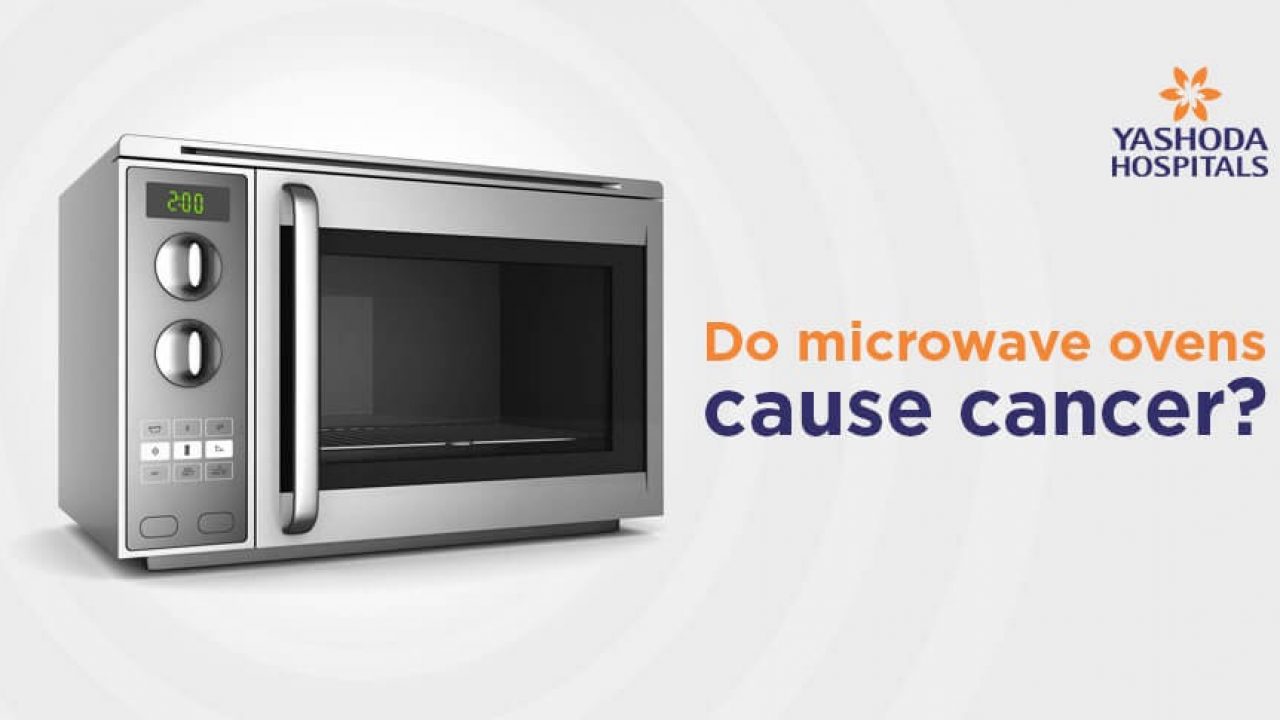Unfortunately, there is no guaranteed way to stay cancer-free, as cancer can develop for a variety of reasons, including genetic predisposition, lifestyle factors, and environmental exposure. However, there are certain steps you can take to reduce your risk of developing cancer:
- Maintain a healthy weight: Being overweight or obese increases your risk of several types of cancer, including breast, colon, and endometrial cancer.
- Exercise regularly: Regular physical activity has been shown to reduce the risk of several types of cancer, including breast and colon cancer.
- Eat a healthy diet: A diet rich in fruits, vegetables, whole grains, and lean proteins has been associated with a reduced risk of cancer. Limit your intake of processed and red meats, which have been linked to an increased risk of cancer.
- Avoid tobacco: Smoking is a leading cause of cancer and increases the risk of several types of cancer, including lung, throat, and bladder cancer.
- Limit alcohol consumption: Drinking excessive amounts of alcohol increases the risk of several types of cancer, including breast, colon, and liver cancer.
- Protect your skin from the sun: Excessive sun exposure increases the risk of skin cancer. Use sunscreen, wear protective clothing, and seek shade when necessary.
- Get regular check-ups: Regular check-ups and screening tests can help detect cancer early, when it is most treatable.
While these steps can help reduce your risk of developing cancer, it’s important to remember that there is no guaranteed way to prevent cancer. If you have any concerns or risk factors, talk to your healthcare provider about the best way to manage your risk.










